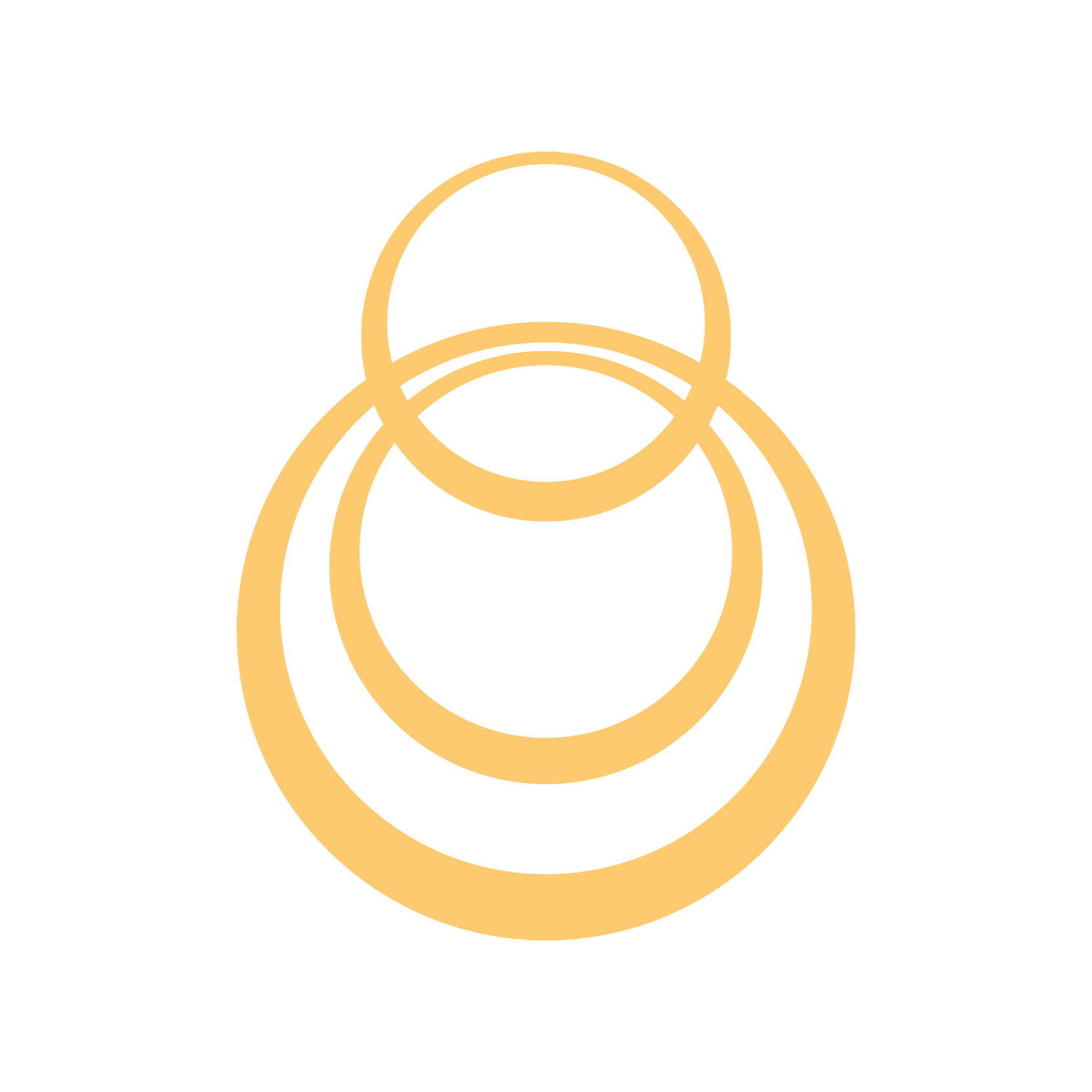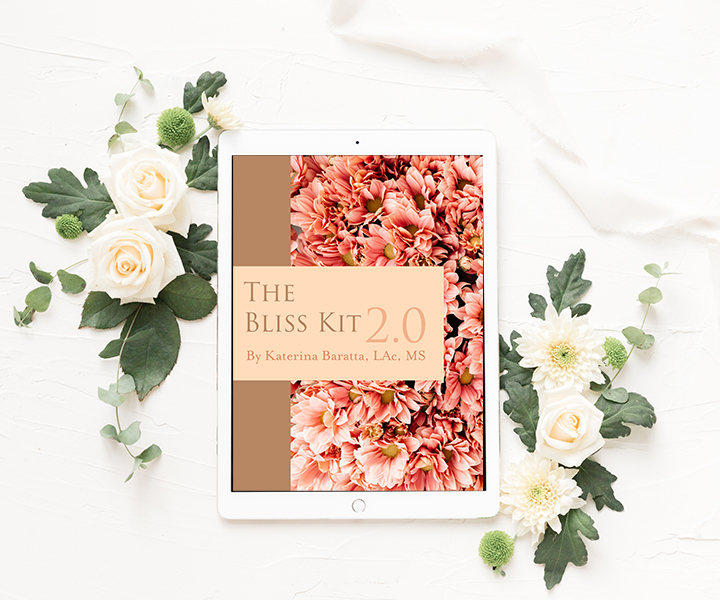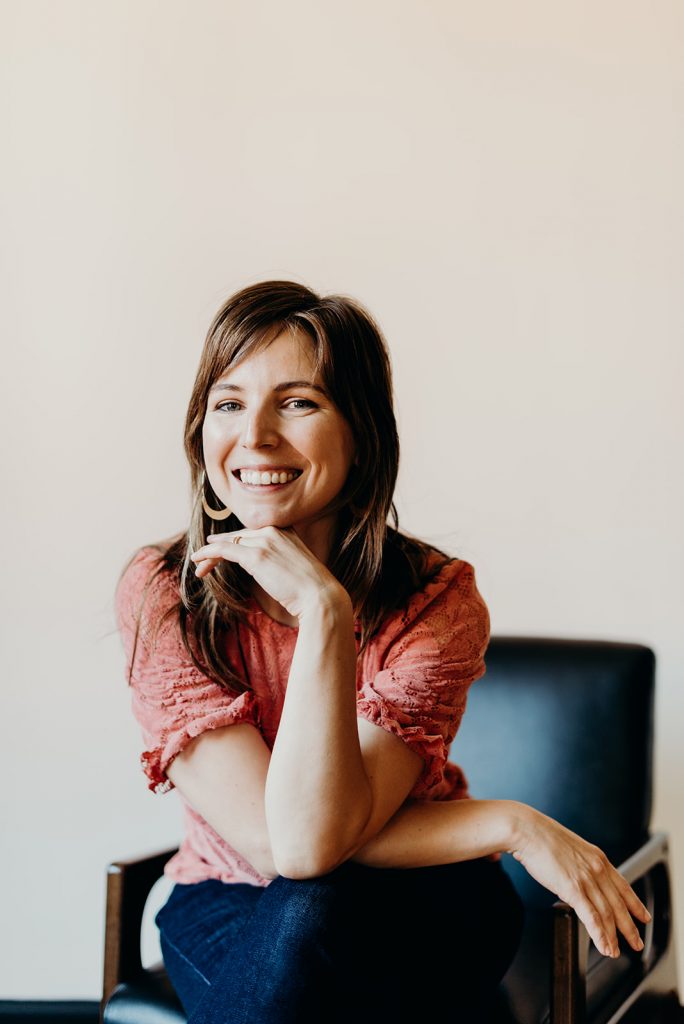What would you expect to be the biggest benefit of meditation?
To reduce stress? Regulate your nervous system? Calm anxiety?
While it’s true that meditation can do all of these things, the real purpose and biggest benefit of meditation is much deeper: It’s to bring you back to your capital “S” Self so you can be free.
This is extremely important, because unless you’ve done a great deal of inner work, (in which case you probably wouldn’t be reading this,) you’re a slave to circumstance.
Your sense of wellbeing is entirely dependent on forces outside of your control.
You spend your life chasing after what you *think* will make you happy, and doing everything in your power to manipulate your environment so you can avoid what you *think* won’t make you happy.
But what you don’t realize is that all of these ideas you have about what you do and don’t want are just thoughts. They’re just ideas based on your experiences in the past. They’re not reality.
The only reality you can be certain of is the Self, and this is your ticket to freedom.
What do I mean by “capital ‘S’ Self’?
The Self is one of many names for the conscious observer within you.
It’s the essence of who you are, and it is synonymous with inner peace, freedom, balance, energy…life itself.
It’s the seemingly empty space within which electrons flow, the stage on which life’s drama happens, and although it witnesses everything happening, it is unaffected by the comings and goings of physical reality.
I always hesitate to use the word “spiritual” because people tend to superimpose all sorts of beliefs onto that word, but the fact that you are is beyond any concept, it’s beyond any belief.
People can believe all sorts of different things, your own beliefs can shift and change, and yet you’re still in there. You know that you’re still you, no matter what happens on the outside.
You are the one who is witnessing, meanwhile concepts, beliefs, events, things…they all appear and disappear.
You are not a concept or belief, any more than you are the clothes you wear or the work you do.
But if you’re like most people, you identify with things that aren’t actually who you are, they’re just who you *think* you are.
You think you are your name, and yet your name is changeable.
You think you are your age, and yet your age increases constantly.
You think you are your career, but you could get a new job tomorrow.
You think you are your interests, and yet those shift all the time, too.
None of these are you.
The only reason you ever feel bad is because you are mistakenly identifying yourself with what you are not.
So the true purpose of meditation is not just to relax. It’s not just to calm your emotions. Those are experiences taking place on the physical realm, and the nature of the physical realm is to change.
No, the true purpose of meditation is to teach you to come back to the Truth of who you really are, in every moment of your life, on and off the meditation cushion.
Now the next question is:
How to do you do this, practically speaking?
Simple.
Start practicing the art of letting go, as often as you remember.
When I do this work with clients, I usually have them start with a recurring task, like doing the dishes, brushing teeth, or taking a shower. This helps to build up a neural memory that makes it easier to access this state of consciousness moving forward.
Choose a designated time to practice, and while you do this task, practice bringing your attention back to focus on the present moment.
Just like you would in meditation, observe as thoughts arise, and then let them go and come back to the present moment.
If that’s too heady for you, bring your attention into the sensation of aliveness in your body, as Eckhart Tolle suggests.
Or do what Jon Kabat-Zinn teaches, and come into your senses, observing what you smell, hear, feel, taste, and see in this moment.
Just let yourself be, watch your body do the doing, and as thoughts arise, let them go.
Start there, and once you’ve had a bit of practice, you can begin applying the same idea to uncomfortable emotions.
Notice when you feel yourself closing off, when you feel stressed, anxious, angry, sad, jealous, restless, or any other emotion you would classify as “negative”.
The usual response to these uncomfortable emotions is to try to fix them, to try to find a way out.
As much as you can, avoid doing that.
Don’t suppress, don’t indulge.
Instead, turn inward.
Shift your consciousness to the space of the observer.
Let go of any associated thoughts.
Notice what’s happening in your body, how you feel physically.
Relax behind the emotion, by which I mean, allow yourself to watch it without taking it personally, without letting yourself be affected by it. Just watch it. Again, be the observer rather than the doer.
You can also practice actively relaxing your body, slowing your breath down, releasing tension, and moving if your body feels like it wants to.
And then just wait for the discomfort to pass (I promise it will!)
This is how you find emotional freedom.
This is how you find inner peace.
This is how you find your Self.
I can’t wait to see where this takes you!





